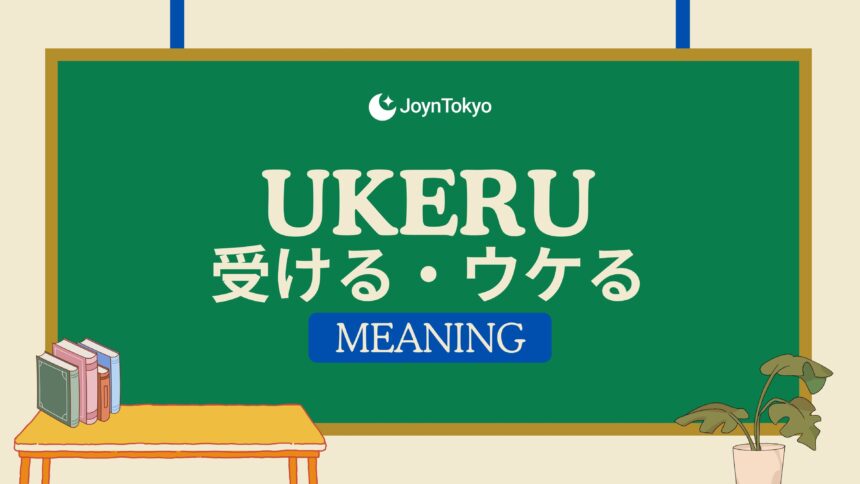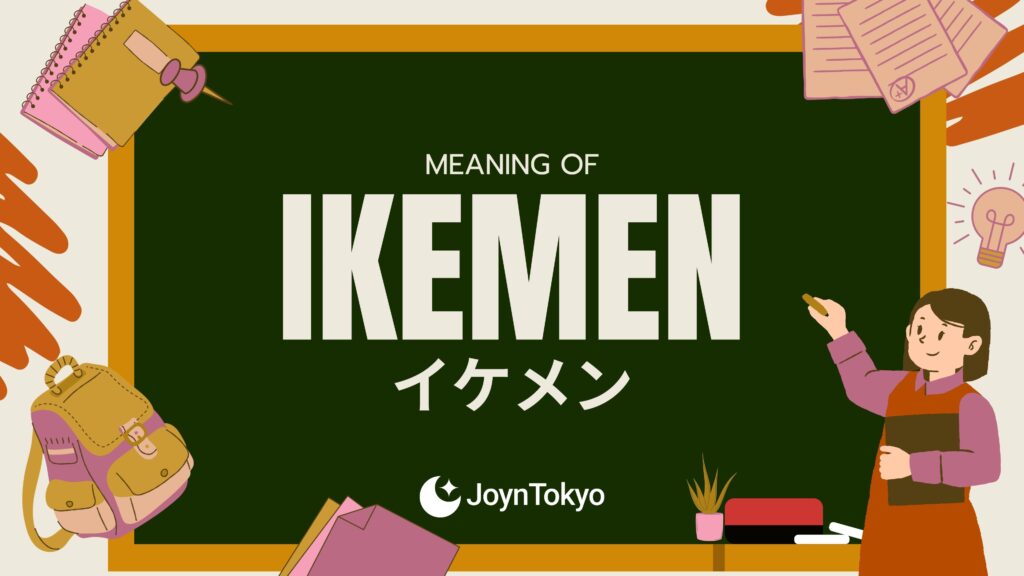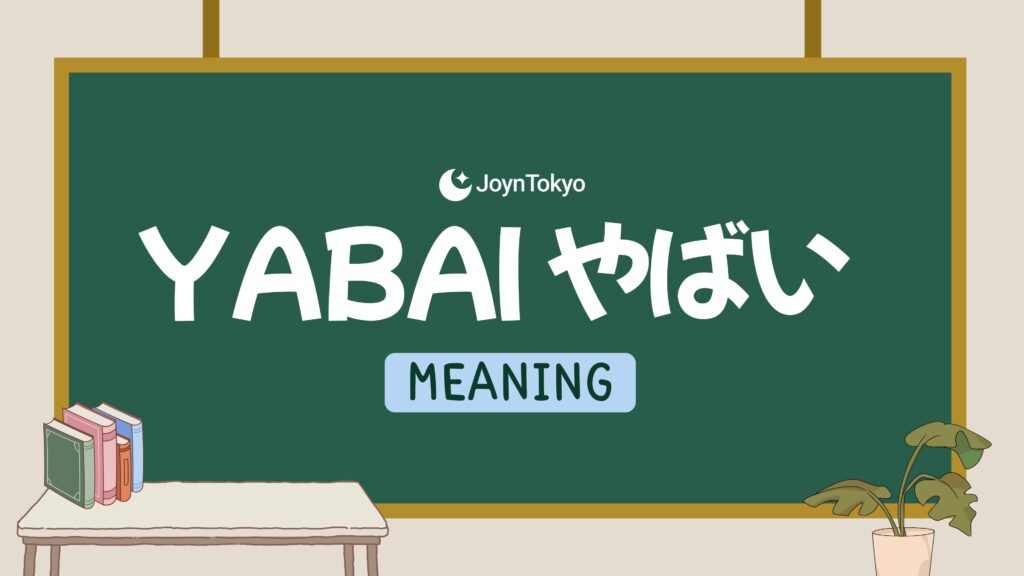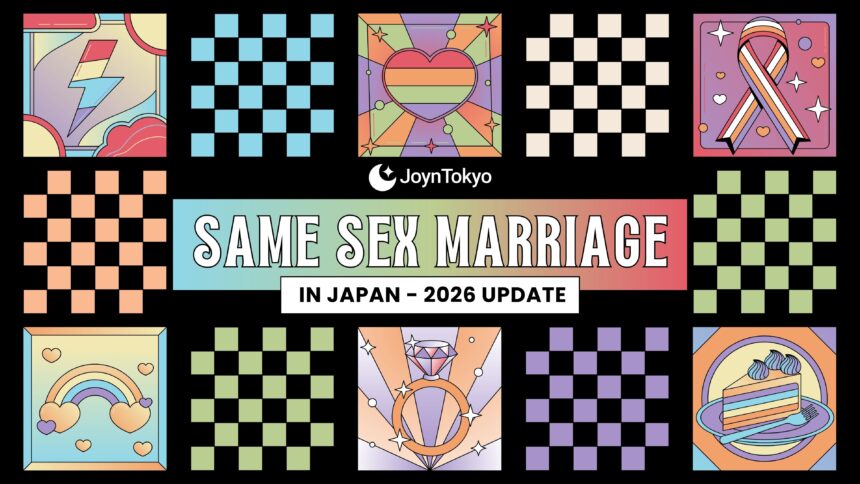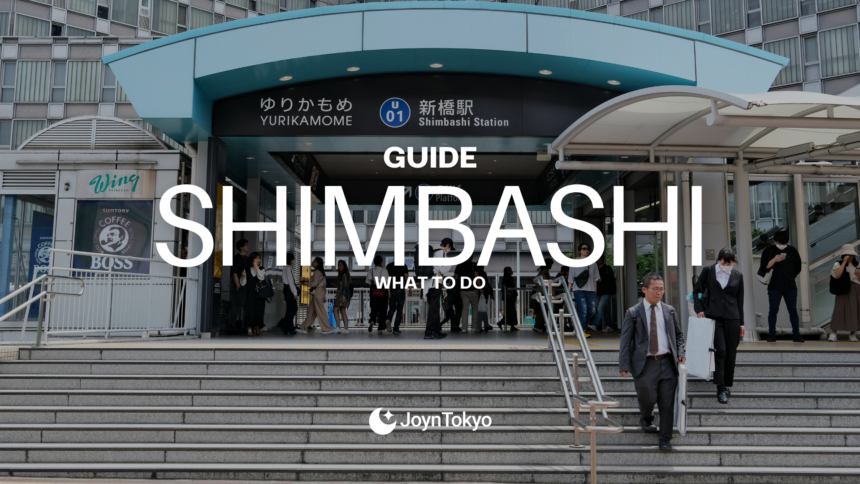The Japanese word “ukeru” (ウケる/受ける) is a fascinating term that reveals much about Japanese humor and everyday communication. You’ll hear it in casual conversations, comedy shows, and even online chats. For foreigners living in Japan, understanding “ukeru” will help to catch subtle humor and sound natural when reacting to funny situations.
The Core Meaning of Ukeru
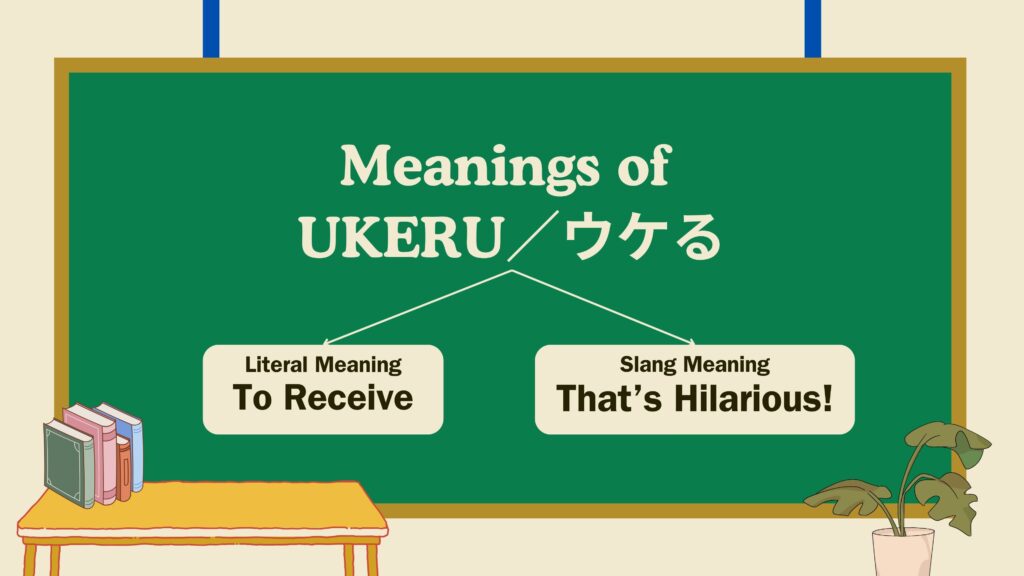
At its literal level, “ukeru” means “to receive” or “to take.” However, over time, the word evolved beyond its dictionary meaning, becoming a popular slang term in modern Japanese. Today, it can express amusement, laughter, or even surprise, depending on the situation and tone.
1. Literal Meaning: “To Receive” or “To Take”
In traditional or formal contexts, “ukeru” carries the straightforward meaning of “to receive” or “to take.” It’s used when describing actions such as taking an exam, receiving influence, or undergoing something. These uses appear in textbooks, schools, and workplaces and represent the original meaning of the word.
Example 1:
Shiken wo ukeru (試験を受ける) – To take an exam
Example 2:
Eikyō wo ukeru (影響を受ける) – To be influenced
Although these are standard uses, understanding them helps you appreciate how “ukeru” later developed into a casual slang expression.
2. Slang Meaning: “That’s Hilarious!”
In modern casual Japanese, “ukeru” has transformed into slang that means “That’s funny!” or “That’s hilarious!”. It’s a quick, spontaneous reaction to something amusing. You’ll hear it in variety shows, anime, or friendly conversations among young people.
Example:
Sono hanashi ukeru! (その話ウケる!) – That story is hilarious!
This meaning became popular in the 1990s, spreading from Japanese TV comedies into daily conversation and online culture. It’s now a common, cheerful way to react when something makes you laugh.
How to Use Ukeru Naturally in Conversation
To use “ukeru” naturally, you need to understand the context and tone. It’s a word that fits lighthearted, casual exchanges — especially when something funny or unexpected happens. Used properly, it makes your Japanese sound more expressive and native-like.
1. Expressing Laughter or Amusement

When someone tells a funny story or makes a good joke, saying “Ukeru!” is like saying “That’s so funny!” or “That’s hilarious!” in English. It’s short, casual, and easy to use in everyday speech. Pair it with a smile or laugh for an even more natural reaction.
Because it’s quick and energetic, this version is perfect for close friends, classmates, or anyone you talk to casually.
Example:
Ukeru! (ウケる!) – That’s hilarious!
2. Reacting to Something Silly or Ridiculous

“Ukeru” can also be used sarcastically or humorously when something seems absurd, unexpected, or over-the-top. It’s a way of laughing at something strange without being mean. In English, it’s similar to saying “That’s ridiculous!” or “That’s so funny!”
Example:
Ano fuku ukeru! (あの服ウケる!) – That outfit is so funny! (implying it looks strange or amusing)
Used this way, “ukeru” adds a playful tone to your reaction, making it clear you’re amused rather than mocking.
3. Emphasizing It: Chou Ukeru (超ウケる)
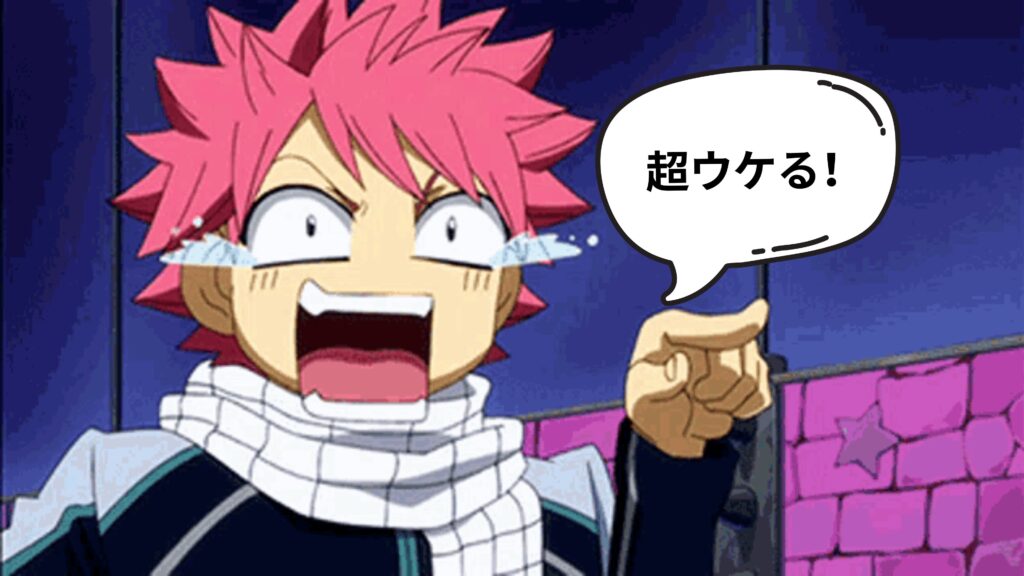
You can make your reaction stronger by adding “chou” (超) before “ukeru.” This intensifies the meaning, similar to saying “super funny” or “so hilarious” in English. It’s widely used by young people in casual speech and online.
Example
Chou ukeru! (超ウケる!) – That’s super funny!
Adding “chou” makes your response sound energetic and expressive, perfect for emphasizing your laughter in social media posts or group chats.
Who Uses Ukeru and When
Like many slang words, “ukeru” depends heavily on context. It’s great for informal and friendly situations but not suitable for professional settings. Understanding who uses it and when is key to using it correctly.
1. Informal and Youthful Settings
“Ukeru” is most popular among teenagers, college students, and young adults. It appears frequently in LINE messages, YouTube videos, and Japanese variety shows. In these situations, it’s a fun, natural way to express amusement and share laughter.
2. Avoid in Professional or Formal Situations
In workplaces, formal events, or with people you don’t know well, “ukeru” can sound too casual or childish. Instead, use more polite alternatives like:
Example 1:
Omoshiroi desu ne. (面白いですね。) – That’s interesting/funny.
Example 2:
Waraemasu ne. (笑えますね。) – That’s laughable/funny.
These phrases sound polite and are safer choices for professional settings or when speaking to superiors.
3. Popular in Comedy and Media
Comedians and TV personalities often use “ukeru” to describe jokes that make people laugh. When someone says “ウケた!” (uketa!, past tense), it means “That got laughs!” or “It was well-received.” It’s a core part of Japan’s entertainment vocabulary and even used among YouTubers.
Example
Kinō no neta, meccha uketa! (昨日のネタ、めっちゃウケた!) – My joke yesterday totally killed! (The audience loved it!)
Local Tips and Nuances
To use “ukeru” naturally, it’s not just about words, it’s also about attitude and delivery. Tone, timing, and facial expression all influence how your reaction is perceived.
1. Use a Light, Playful Tone
Always say “ukeru” with an upbeat or playful tone. A flat or serious voice can sound sarcastic, which might confuse the listener. Adding a laugh or a smile keeps it natural and friendly.
2. Don’t Overuse It
While “ukeru” is fun, using it too often can sound forced or immature. It’s best reserved for genuine laughter or amusing moments. By using it selectively, your reactions will feel more authentic and engaging.
3. Online and Texting Forms
In online messages, “ukeru” is often written as ウケる, うける, or even www (the Japanese equivalent of “LOL”). The more “w” you add, the stronger the laughter appears.
Example:
Ukeru www (ウケるwww) – That’s so funny, LOL!
Understanding this helps you connect more naturally in Japanese online spaces, especially in group chats or social media.
Related Expressions
“Ukeru” is part of a larger group of Japanese words that express laughter or amusement. Learning these gives you more flexibility in expressing humor in conversation.
Warau (笑う) – “To laugh.” This is the literal verb for laughing and is used in all contexts.
Example:
Kare wa oogoe de waratta. (彼は大声で笑った。) – He laughed out loud.
Omoshiroi (面白い) – “Funny” or “interesting.” A versatile word that fits both casual and formal situations.
Example:
Kono eiga wa hontō ni omoshiroi! (この映画は本当に面白い!) – This movie is really funny!
Bakushou suru (爆笑する) – “To burst out laughing.” Used when something is extremely funny.
Example:
Sore bakushou shita! (*それ爆笑した!) – I burst out laughing at that!
Each of these expressions can be used alongside “ukeru” to add more variety to your reactions.
The Fun Power of “Ukeru”
“Ukeru” beautifully shows how Japanese language evolves with humor and culture. Originally meaning “to receive,” it’s now one of the most common slang words for expressing laughter and amusement. For foreigners living in Japan, learning how to use “ukeru” naturally helps you sound more fluent, friendly, and in tune with local communication styles.

